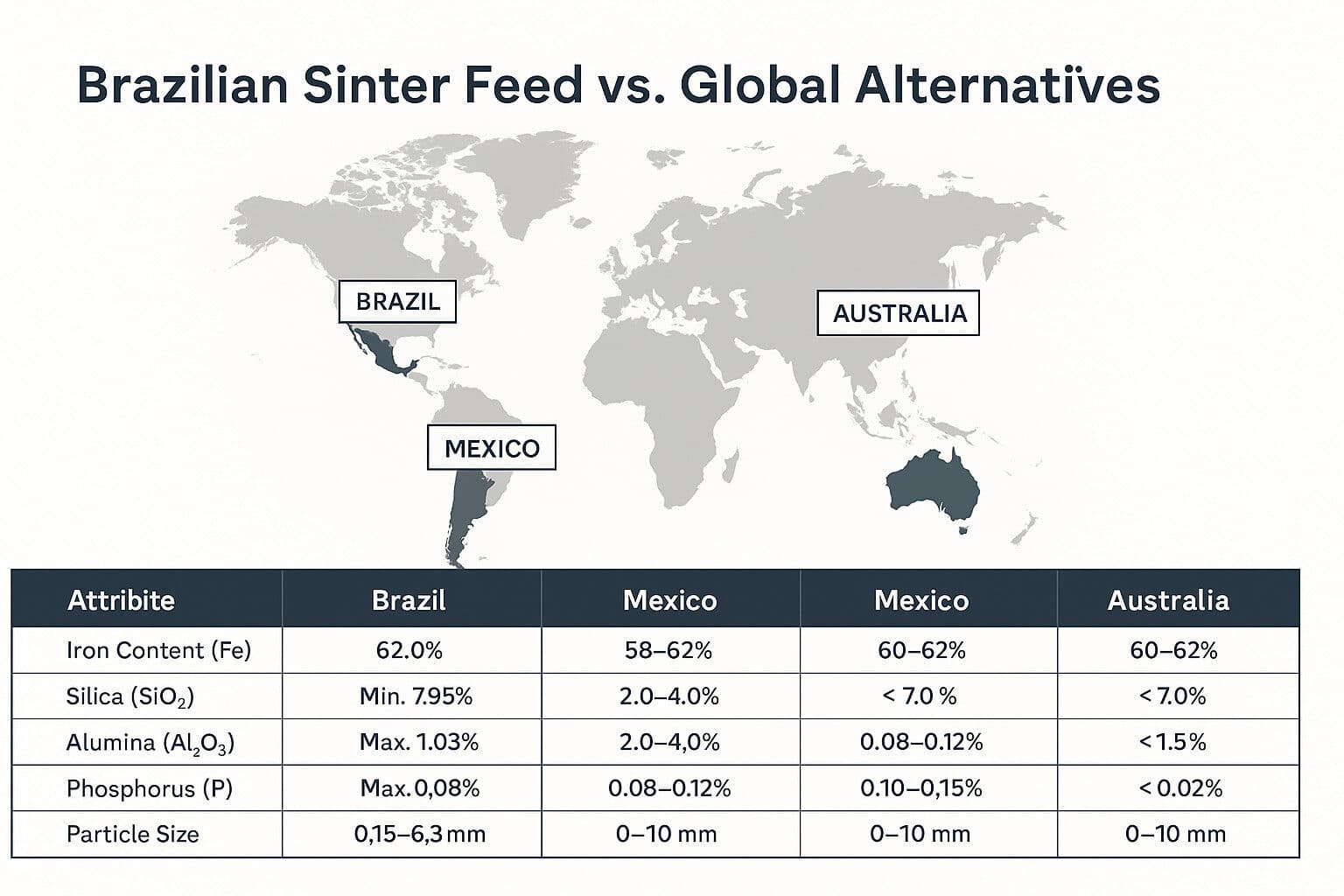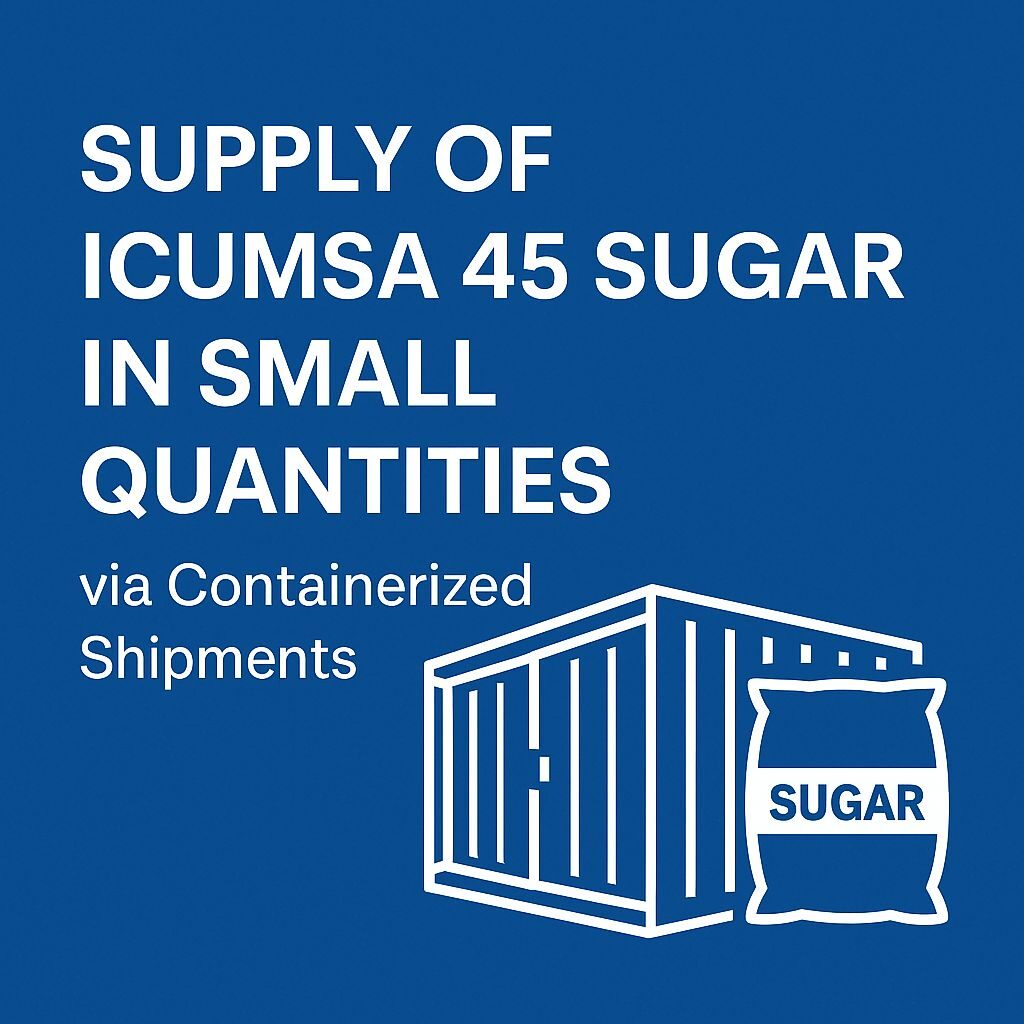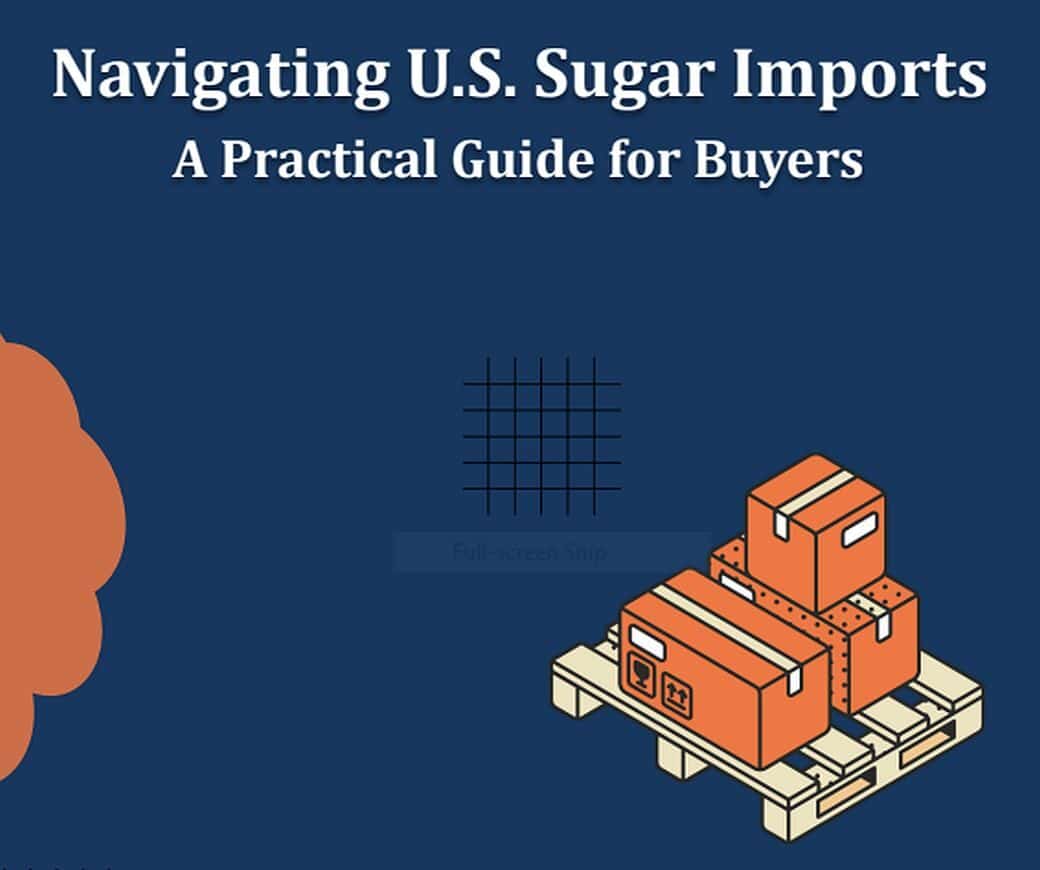Brazil’s Sugarcane Mills & Direct Exports
In Brazil, sugarcane mills face regulatory constraints that limit their ability to engage in direct exports. Despite these challenges, sugarcane mills have devised innovative strategies to ensure their sugar production reaches international markets efficiently. This article explores the diverse strategies employed by sugarcane mills in Brazil to facilitate direct exports and expand their global presence.
Selling to Export Cooperatives:
One common strategy adopted by sugarcane mills is to collaborate with export cooperatives authorized for export. These cooperatives play a vital role in facilitating the export process by managing logistics and connecting mills with international buyers.
By partnering with export cooperatives, sugarcane mills can leverage established networks and expertise to ensure a smooth flow of their sugar products to global markets. This collaboration enables mills to benefit from the cooperative’s extensive experience and connections, simplifying the export process and increasing the chances of successful sales.
Key roles of export cooperatives in the sugar export process:
- They manage the logistics of exporting sugar, handling tasks like transportation, storage, and customs clearance. This streamlines the process for individual sugarcane mills.
- Export cooperatives connect mills with international buyers, providing access to established networks and markets. This helps mills find buyers for their sugar products globally.
- Cooperatives leverage economies of scale by pooling the exports of multiple mills. This gives them more bargaining power with buyers and allows them to meet large export orders.
- They provide expertise in export procedures and regulations that individual mills may lack. Cooperatives have the knowledge to navigate the complexities of international trade.
- Cooperatives can offer financing options to help mills fund their exports. This improves the mills’ cash flow and ability to participate in export markets.
Export cooperatives enable sugarcane mills to export their sugar by managing logistics, accessing global markets, achieving scale, providing expertise, and facilitating financing.
This allows mills to focus on production while the cooperative handles the challenges of exporting.
Selling Quotas to Investors or Export Companies:
Another strategic approach adopted by sugarcane mills involves selling quotas of their sugar production to investors or specialized export companies. This strategic maneuver enables mills to leverage the financial resources and market knowledge of investors or export entities, enhancing their export capabilities.
By selling quotas, sugarcane mills secure a stable market for their products while benefiting from the specialized skills and market insights of external partners.
This allows the mills to expand their reach and competitiveness in the global sugar trade.The key benefits of this approach include:
- Access to financial resources: Selling quotas provides sugarcane mills with additional capital that can be used to fund their export operations and improve their overall financial position.
- Leveraging market expertise: Partnering with investors or export companies gives mills access to their partners’ deep understanding of international sugar markets, enabling them to make more informed decisions and navigate the complexities of global trade.
- Expanded market reach: The connections and distribution networks of the investors or export companies can help sugarcane mills access new markets and customers that they may not have been able to reach on their own.
- Reduced risk: By securing a stable market for their sugar through quota sales, mills can mitigate the risks associated with fluctuating global prices and uncertain demand.
Overall, this strategic approach allows sugarcane mills to capitalize on the strengths of external partners, enhancing their export capabilities and competitiveness in the global sugar market.







